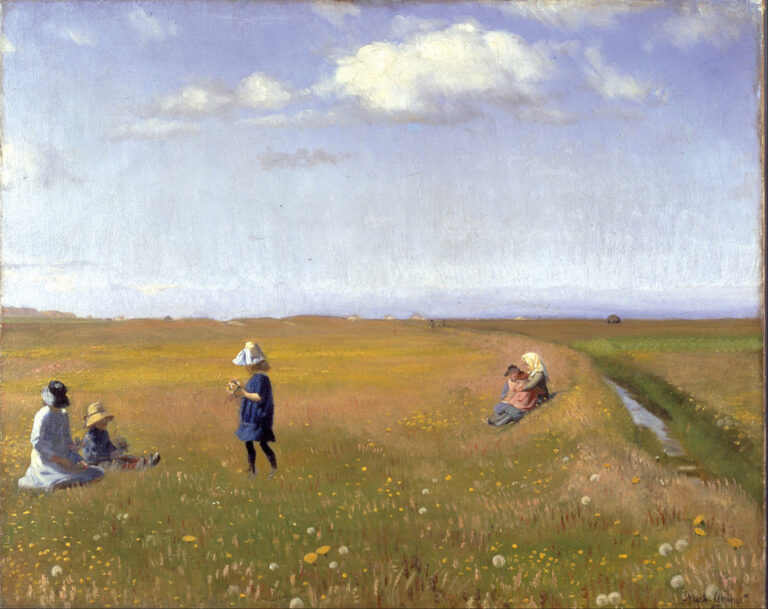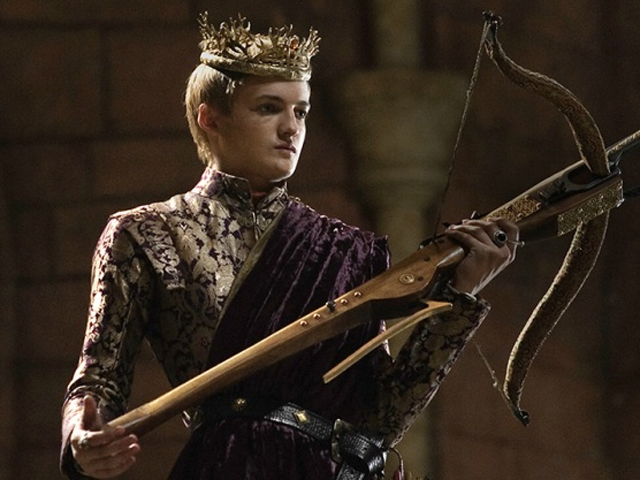Seizing Control: An Interview with Margot Livesey
 One of the pivotal moments in my writing career happened back in the early ’90s when I read Margot Livesey’s (former fiction editor of Ploughshares) debut novel Homework. I was really struck by the unsettling tone of the book and by Jenny, the daughter of the hero’s–Celia’s–boyfriend, a seemingly awful little girl who, in a devious, adult way, tries to drive Celia from the house. At the time I read the book, I also had the good fortune of being Margot’s student. So, I was able to simply ask her how she created a character as amoral as Jenny. Without hesitation, Margot told me that she’d simply allowed Jenny to behave as terribly as she wished she had when she was in Jenny’s shoes.
One of the pivotal moments in my writing career happened back in the early ’90s when I read Margot Livesey’s (former fiction editor of Ploughshares) debut novel Homework. I was really struck by the unsettling tone of the book and by Jenny, the daughter of the hero’s–Celia’s–boyfriend, a seemingly awful little girl who, in a devious, adult way, tries to drive Celia from the house. At the time I read the book, I also had the good fortune of being Margot’s student. So, I was able to simply ask her how she created a character as amoral as Jenny. Without hesitation, Margot told me that she’d simply allowed Jenny to behave as terribly as she wished she had when she was in Jenny’s shoes.
That answer helped me a lot. I’d felt blocked since the release of my first book and unsure how to move forward. Margot’s answer gave me a big clue to my problem and reminded me that telling stories is the way that writers seize control of the narrative and our lives. We do this to keep other people from controlling it and defining us however they choose. Now I keep this lesson in the back of my mind when I write. And I’m reminded of it each time I read another of Margot’s nine wonderfully unsettling books, the latest of which is Mercury, out today, a novel that beautifully demonstrates the necessity and the dangers of seizing control of our life stories. It seems there’s always some violence–emotional, psychological and even physical–required in doing so and Margot’s newest book is another masterful example of this.
Michael Pritchett: For thirty years now I’ve been reading you, Margot, and am pleased to report that your new novel has the same qualities I admire in all your books: complex characters, a compelling situation and a suspenseful plot. At the same time, it’s a departure. The novel is set in New England and is about a couple: Donald, an optometrist and Viv who runs a riding stable outside Boston. They have two children and seem happily married. Then one day a magnificent horse, Mercury, arrives at the stables and everything begins to change. When I saw you in Boston three years ago, you mentioned having difficulty finding “traction” with this novel. How did you overcome this?
Margot Livesey: Thank you for such a complimentary question. When I conceived of Mercury, I thought the story would be told entirely by Donald. At a certain point that just wasn’t working; I began to realize that I also needed Viv’s point of view. Seeing her only from the outside, it was easy to judge her harshly. I needed to show her feelings, her motivation. It took a number of not-very-good pages for me to realize this.
MP: Can you talk about the title, Mercury?
ML: From the beginning I wanted the title of the novel to be the name of the horse. After several attempts I settled on Mercury. I liked the way it sounded. As a fellow writer, I think you’ll understand. Also, the many meanings–a small planet, a messenger god, a toxic metal–suggest the complex role that Mercury plays in Viv’s life. He starts out being a force for good, the horse who will finally let her fulfill the dreams of her youth.
MP: The book treats horses as a catalyst for bringing out the best and worst in people.
ML: Certainly that’s true in Viv’s case. I am fascinated by ambition and by what happens when ambition becomes obsession. Also, in how we judge people if we don’t value the object of their ambition. Being ambitious to be a brain surgeon makes sense. Being ambitious to win a donut eating contest is questionable. When we call someone ambitious, especially a woman, it’s often not quite a compliment.
MP: Viv’s ambition does seem to pull her toward becoming a sociopath.
ML: Certainly she begins to take some very alarming steps and becomes increasingly oblivious to the effect of her behavior on family and friends.
MP: Why doesn’t someone sit Viv down and tell her that people are more important than the animals?
ML: Her friend Claudia, with whom she runs the stables, does try. But even she doesn’t grasp how strongly Viv feels about Mercury.
MP: Let’s talk about Viv’s and Donald’s marriage. Does Donald really know Viv?
ML: In some ways he knows her very well but certain parts of her are hidden to him. I am particularly interested in what happens in a long relationship of shared values when one person abandons those values and the other doesn’t.
MP: In several of your books, it feels like there’s a fine line between love and extortion.
ML: You’re making me sound rather gloomy. . . . I did want to put Donald in a situation where he must make a very difficult choice. Viv, too. I need to think some more about the word, “extortion.”
MP: Viv has a profound moment when she feels chosen or claimed by Mercury. Has she never felt chosen before? Didn’t Donald choose her?
ML: What a good question. Initially she’s very pleased to be with Donald. But she’s an ambitious person. When they meet she’s working in mutual funds; after their two children are born she realizes that she’s not going to become a CEO. Then she starts running the stables with Claudia. At first, as she makes improvements, that’s very satisfying. Then, once again, life begins to feel empty.
MP: The idea of a second birthday is a key motif in the book–we’ll be reborn at a certain point in life and able to start over.
ML: That comes in part from Persuasion, Jane Austen’s great novel about second chances. In part from various people I know whose lives have dramatically started over. When Viv begins to ride Mercury she feels as if, at long last, she’s going to fulfill her girlhood ambitions.
MP: Have you had a second birthday?
ML: Yes, but I don’t think I’ll tell what it was. America is traditionally the country of second chances. People come here to start a new life, or they move to start one. Also, there’s a profound belief in exceptionality; anyone can grow up to be president. Viv grows up with this idea. Meanwhile Donald says, “I’m happy to be average, I’m happy for a good day. It doesn’t have to be great.”
MP: Do you still uphold Donald’s Scottish values of thrift, industry and integrity?
ML: I aspire to and so does Viv, until Mercury arrives.
MP: The book also addresses gun control. Has America lost its way in the balancing of personal freedoms?
ML: I think so. One of the inspirations for Mercury was a column I wrote for the Boston Globe about trying to buy a gun in Massachussetts. I got about a hundred emails, nearly all critical, and several scary messages on my home phone.
MP: Do you think you’ll write another novel set in America?
ML: I’m still not sure. I did enjoy writing about the places and people around me, but Britain still has a strong hold on my imagination.
MP: Well, wherever you decide to set your next novel, I’ll be waiting to read it.
Michael Pritchett is the author of The Melancholy Fate of Capt. Lewis, a Lewis and Clark novel (Unbridled Books, 2007) and The Venus Tree, winner of an Iowa Short Fiction Award (the John Simmons Short Fiction Award) (University of Iowa Press, 1988). He is the winner of the 2000 Dana Award for a novel-in-progress for his novel, The Final Effort of the Archer, and appeared in the anthology The Iowa Award: The Best Stories from 20 Years (University of Iowa Press, 1990). His stories have appeared in Slippery Elm, Natural Bridge and New Letters, among others. He teaches fiction writing at the University of Missouri-Kansas City.


